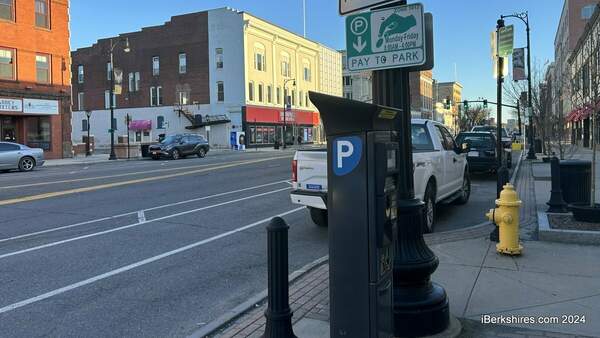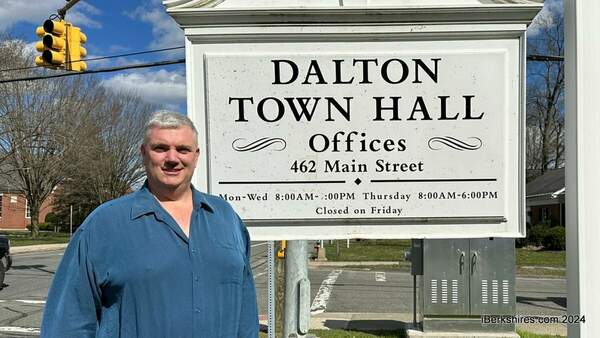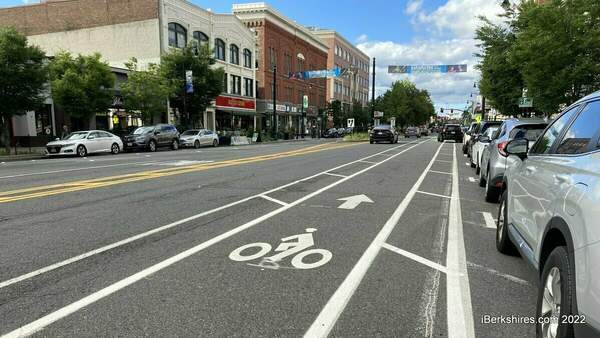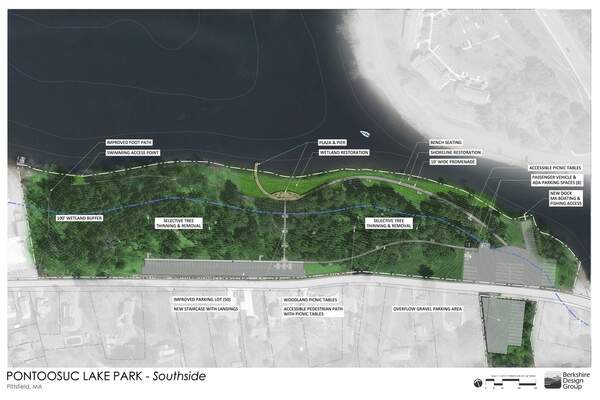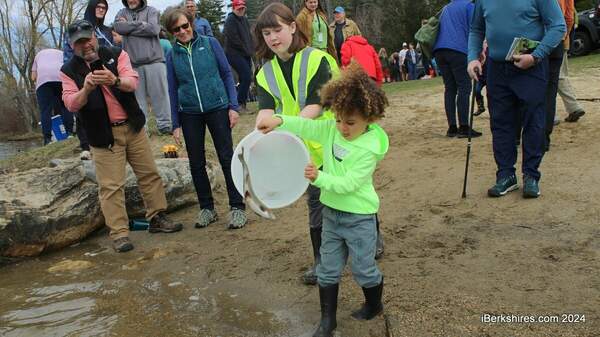
Letter: Pittsfield Giving Away Money to Wealthy Mass Cities
 |
To the Editor:
Since Lisa Whitney, a Pittsfield native, and I decided to save the historical Thomas Colt House and convert it into a vibrant Whitney Center for the Arts, a non-profit, established for the purpose of giving back to the community, we have since made the city of Pittsfield our home.
I have been hearing from a lot of Pittsfield residents about things that are wrong in Pittsfield. Surely, no city is perfect, but we have our golden opportunity to correct at least one of the "wrongs" simply by voting yes on Question 5 on Nov. 8 to adopt the Community Preservation Act.
I can just imagine a furiously passionate reaction from any lifelong Pittsfield resident if I tell them that not only have Pittsfield citizens left approximately $167,000 on the table, just in 2015, but also that money went to rebuild, restore and conserve historic buildings and parks and/or create other open spaces in communities like Lenox, Stockbridge, Great Barrington and Williamstown, among other 161 communities around the state that were wise enough to adopt the CPA. Also, by the way, in 2016, we will be losing about $114,000 of the state's matching contribution.
As in any program, the devil is in the details: So here is the skinny on Question 5 and its implications for the average homeowner.
To make it short, the CPA is our state's matching grant program that can only be distributed to the cities/communities/townships that have adopted the CPA. This grant is funded by a portion of each locality's registry of deeds transaction fees, supplemented with surplus cash authorized by the state Legislature. Thereafter, it is allocated to CPA communities. Based on the past four years' average, the state has been matching 30 percent to locally raised CPA funds.
In essence, every time a real estate transaction occurs in Pittsfield, a part of the state's fees is going to the state's CPA fund and since we haven't adopted the CPA, we are not getting any of this money back. The communities that have adopted the CPA are getting our share.
Local funds come from a small surcharge on property tax bills – not the property's value. Further, the first $100,000 of a property's valuation for tax purposes is exempt from the CPA surcharge, as are properties of senior citizens, veterans and low-income residents.
Preserve Pittsfield, a non-profit organization, made up of volunteers and funded by Pittsfield's citizens and businesses, proposed to the City Council a surcharge of 1 percent on the property tax bill that would amount to $3.50 per quarter for the average homeowner in Pittsfield. The City Council unanimously approved it to be on November's ballot.
Once adopted, the CPA is very flexible. Generally, a nine-member committee is created and every citizen, business and governmental organization is free to apply for CPA funding. The committee then meets and votes on the projects, after appropriate vetting and, if approved, are submitted to the City Council for final approval. All of this is very transparent, so the citizens of Pittsfield will have a sufficient voice in how the money is spent. Although the City Council has the final approval, it has no control of the projects.
Based on recent historic data of real estate transactions in Pittsfield, the estimates indicate that as a CPA community, Pittsfield could raise approximately $500,000 a year to help conserve, save and rebuild historic buildings, parks and/or create other open spaces. Our imagination is our limit.
Another benefit of CPA adoption is that it could relieve the city's budget for funding certain municipal projects, allowing them to devote these funds to other necessities, such as adding more police, by way of example only.
Equally important, there is sufficient data that each CPA community has benefited by increased business activity, tourism and community morale.
To put things in context, here is what The Berkshire Eagle opined in July 2016 in its Editorial:
"It is unfortunate that Pittsfield rejected the CPA in 2006. Pembroke approved it the same year and has amassed nearly $2.5 million in the decade since."
So the question is: how do you feel about leaving another $100,000 to $150,000 of the state's contribution on the table next year, and the year after that, and the year after that to pay for our neighboring communities CPA projects? Frankly, I feel it would be irresponsible of us to let this lost opportunity to go on. We can right this wrong, now!
So please support the CPA initiative this November 8th by voting "Yes" on Question 5. For more information, please log on to www.preservepittsfield.org.
Ghazi Kazmi
Pittsfield, Mass.,
Kazmi is executive director of the Whitney Center for the Arts & member of Pittsfield's Tourism and Cultural Council committees
Tags: ballot measure, CPA, election 2016,


